Abu Hamza guilty: radical cleric likely to die behind bars
Fitting end for a 'vile and wicked' man, say critics as Home Secretary plans to strip him of UK citizenship
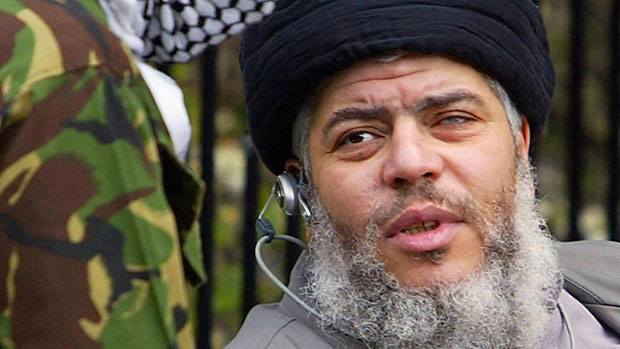
A free daily email with the biggest news stories of the day – and the best features from TheWeek.com
You are now subscribed
Your newsletter sign-up was successful
Hate preacher Abu Hamza is likely to die behind bars after a New York jury convicted him of a series of terrorism charges last night.
During the five-week trial, held in a Lower Manhattan court, just half a mile from Ground Zero, the prosecution accused Hamza of helping to abduct 16 tourists in Yemen in 1998 and setting up a terror training camp in Oregon, US. The 56-year-old was found guilty on all 11 counts.
Hamza showed little emotion when the verdicts were read out, only bowing his head and sitting back in his chair. When his defence lawyer asked "Are you OK?", he simply replied: "Yes".
The Week
Escape your echo chamber. Get the facts behind the news, plus analysis from multiple perspectives.

Sign up for The Week's Free Newsletters
From our morning news briefing to a weekly Good News Newsletter, get the best of The Week delivered directly to your inbox.
From our morning news briefing to a weekly Good News Newsletter, get the best of The Week delivered directly to your inbox.
The judge is expected to hand down a life sentence at a hearing on 9 September, two days before the 13th anniversary of the 9/11 terror attacks. The radical cleric looks likely to serve his sentence in the federal "supermax" high-security prison in Colorado, already home to several other convicted terrorists.
Home Secretary Theresa May, who is reportedly planning to strip Hamza of his British citizenship, said she was "pleased" that he had "finally faced justice". She added that he used "every opportunity, over many years, to frustrate and delay the extradition process".
Hamza's lawyers plan to appeal, claiming that the verdict was "not about the evidence but about a visceral reaction to the defendant". However, the jury foreman, a 44-year-old Xerox employee, told reporters: "I feel he got a fair trial. There's no doubt in my mind about that."
Hamza's conviction marks the end of a 16-year global saga, including a lengthy battle to have him extradited from the UK, says BBC security correspondent Frank Gardner. "For years before his arrest in 2004 the security services failed to take him seriously, a mistake they later came to regret."
A free daily email with the biggest news stories of the day – and the best features from TheWeek.com
The Daily Telegraph describes it as a "fitting ending for a vile and wicked man" but adds that his story illustrates the ways "in which the West all too often ties itself in knots in dealing with those who wish it nothing but harm".
Abu Hamza reveals how he lost his hands and one eye
9 May
ISLAMIST cleric Abu Hamza has told a New York court that he lost his hands and one of his eyes in an accidental explosion in Pakistan in 1993.
Hamza, who is accused of 11 terrorism-related charges, was in the witness box yesterday. According to The Guardian, it was a “rambling day of testimony” in which he wept and professed his love for Osama bin Laden.
The 56-year-old, known for his distinctive metal hook, told the court that he had been taking part in an experiment involving liquid explosives in Lahore in 1993 as part of a roads project for the Pakistani military. A bottle containing the toxic chemical nitrobenzene detonated in his hands. “I see it getting hot, I went to throw it in the bathroom, but somebody was standing by the sink,” he told the court. “I didn’t know how much time I had. I didn’t know how dangerous it was. I just wanted to get rid of it. And it just went off.”
He said he lost a lot of blood and went into a coma before waking up to discover he had lost both his hands and one eye.
Conflicting stories about Hamza’s injuries have been told since he rose to prominence as the radical preacher at Finsbury Park mosque in the 1990s. Hamza, who was not permitted to wear his hook in court for security reasons, told the court that he was aware of the different tales, adding “the gossip never ends”.
The cleric later told the court how he had travelled to Bosnia in 1994 under a false name to assist Muslims during their persecution by Serbia. He explained: “It’s very, very simple. You pay £25, you write an application saying ‘I want to be John Travolta, and you are John Travolta.’ ” Asked if he had actually used the name of the American actor, Hamza replied: “No, I was, I believe, Adam Ramsay Ayman.”
Hamza became tearful as he described the massacre of Muslims in the town of Srebrenica in July 1995, prompting the judge to call for a break in proceedings.
Abu Hamza 'worked with MI5 to keep streets of London safe'
8 May
HATE preacher Abu Hamza worked with MI5 to defuse tensions with the Muslim community and “keep the streets of London safe”, his lawyer has claimed.
Speaking at Hamza's trial in New York, defence lawyer Joshua Dratel described his client as an "intermediary" who co-operated with police and British intelligence to “act in hostage situations, cool down the community and maintain a sense of order”.
The Daily Telegraph notes that the “extraordinary” claim will fuel conspiracy theories that he was allowed to preach hatred without arrest for so long in the UK because he was working with the security authorities.
Hamza, the former imam of Finsbury Park mosque in London, stands accused of 11 terrorism-related charges spanning America, Europe, the Middle East and Asia, including conspiring to kidnap 16 Western tourists in Yemen in 1998, during which four were killed.
He denies all the charges and is this week defending himself in the witness box.
The prosecution has requested that the judge block Hamza from testifying about any dealings with British authorities that do not relate directly to the allegations against him.
But Dratel objected to the request, telling the court he had 50 pages of Scotland Yard reports to back up his claims. “They touch on virtually every conflict that we are talking about in this case – Algeria, Bosnia, Yemen, Afghanistan,” he said.
Dratel argued that his client had made inflammatory statements, such as describing the 9/11 attacks as a “towering day in history”, to appeal to parts of the Muslim community.
“He’s going to testify that he took a certain position publicly for a certain reason, but at the same time his intention was to de-escalate, to avoid wider war and to keep the streets of London safe,” he told judge Katherine Forrest as the jury remained outside the court.
Forrest granted the prosecution’s request, although Hamza is expected to appeal the decision later today.
Abu Hamza trial: supergrass used '72 virgins' pseudonym
30 April
A BRITISH al-Qaeda supergrass testifying against hate preacher Abu Hamza has told a New York court he used the internet identity "sacrifice72" while researching terrorist targets online.
Gloucester-born Saajid Badat, a key prosecution witness in the trial, was sentenced to 13 years in prison in 2005 for plotting to blow up a passenger plane with a shoe bomb, but he was released in 2010 after agreeing to testify in terrorism cases in Britain and the US.
His testimony, which concluded yesterday, has offered fresh details about al-Qaeda's plans before and after the 9/11 attacks. Yesterday he revealed that while researching terror targets online he had used the email sacrifice72@yahoo.com – a reference to one interpretation of the Koran that Islamic martyrs will be rewarded with 72 virgins in the after-life.
On Monday, Badat revealed that London's Canary Wharf, the US embassy and Ministry of Defence buildings were discussed as possible al-Qaeda targets.
He also described how Osama bin Laden had hugged him during a meeting in Pakistan and wished him luck on his mission as he plotted to blow up a US passenger jet.
Badat claims he later backed out of the plot, reports the Daily Telegraph. His associate Richard Reid was overpowered by passengers while trying to light one of his shoe bombs on a flight from Paris to Miami in December 2001.
Badat has told the court he went with a radical group to hear Hamza preach twice, but says he cannot remember what the preacher said. He has been testifying via video link from London, fearing that he will be arrested if he goes to the United States.
Hamza, whose real name is Mustafa Kamel Mustafa, is accused of influencing some of the world's most high-profile militants of recent times.
He faces 11 charges relating to the 1998 kidnapping in Yemen, in which four people died, and conspiring to set up a militant training camp in Oregon in late 1999.
He denies all the charges and plans to testify later in the trial.
Abu Hamza: hate preacher finally faces US terror charges
9 April
RADICAL cleric Abu Hamza will stand trial in the United States next week. After eight years of legal wrangling, he was eventually extradited from the UK in October 2012 and pleaded not guilty to terrorism charges on his arrival in the US. The 55-year-old is scheduled for trial in New York, just a few streets away from where the World Trade Centre were attacked on 11 September 2001 – an outrage once hailed by Hamza as "a towering day in history".
The hate preacher, who is known for having metal hooks in place of his hands, is accused of influencing some of the world's most high-profile militants of recent times...
What is Abu Hamza charged with?Hamza faces 11 terrorism-related charges spanning America, Europe, the Middle East and Asia. He is accused of conspiring to kidnap 16 Western tourists in Yemen in 1998, an incident in which three Britons and an Australian were killed; advocating violent jihad in Afghanistan in 2001; and conspiring to establish a jihad training camp in Oregon between June 2000 and December 2001. If convicted, Hamza could spend the rest of his life in a maximum security US prison.
Why has it taken so long to go to court?The US government initially launched extradition proceedings against Hamza in May 2004 and he was arrested by British authorities. However, he was later convicted of inciting murder and racial hatred in 2006 in the UK, a case that delayed the extradition proceedings, and sentenced to seven years in prison. Hamza then launched a series of appeals against extradition, all the way up to the European Court of Human Rights, which caused further delay and cost taxpayers almost £1m. He argued that too much time had elapsed since the alleged crimes were committed, that his human rights would be breached and that he might be sent on to a third country, Yemen, where he could be tortured. He was finally sent to the US in October 2012. The case is likely to hinge on how well prosecutors can nail down events and conversations that allegedly occurred more than 15 years ago.
When did he come to the UK?Born Mustafa Kamal Mustafa in Alexandria, Egypt on 15 April 1958, Abu Hamza left for England in 1979. In London, one of his first jobs was as a nightclub bouncer. He married a British woman and studied at Brighton Polytechnic. His marriage rapidly broke down, but he later remarried and had seven children. Throughout the 1980s he slowly began to turn towards a fundamentalist interpretation of the Koran. In 1996 he re-emerged at Finsbury Park Mosque in north London preaching jihad to a young congregation.
What happened to Abu Hamza's hands?Hamza is believed to have lost his hands and sight in one eye in Afghanistan in the 1980s. Some say he was injured while removing landmines from a battlefield, while others say he was fighting for the Mujahideen against the Soviet Union. A third story suggests that he was involved in a laboratory explosives accident, rather than on the battlefield.
Will Abu Hamza testify?Hamza has written to Judge Katherine Forrest requesting to testify, against the advice of his lawyers, reports the New York Post. The defence had previously asked for any mention of the 9/11 attacks or Osama bin Laden, the former al-Qaeda leader, to be banned from proceedings, claiming it would deny their client a fair trial. However, Hamza wrote to the judge in February saying: "I was very surprised to notice during the last two hearings that you had not been informed that I am testifying and that I DO NOT want to exclude, or avoid mentioning, any of [the] people or organisations, places or terms that have been mentioned in my indictment." Forrest has rejected the ban and also rejected the prosecution's plea for an anonymous jury, calling it a "drastic measure" that "runs counter to the cloak of innocence that surrounds any defendant".
-
 Corruption: The spy sheikh and the president
Corruption: The spy sheikh and the presidentFeature Trump is at the center of another scandal
-
 Putin’s shadow war
Putin’s shadow warFeature The Kremlin is waging a campaign of sabotage and subversion against Ukraine’s allies in the West
-
 Media: Why did Bezos gut ‘The Washington Post’?
Media: Why did Bezos gut ‘The Washington Post’?Feature Possibilities include to curry favor with Trump or to try to end financial losses
-
 Hundreds of Ethiopian migrants ‘killed by Saudi border guards’, says human rights group
Hundreds of Ethiopian migrants ‘killed by Saudi border guards’, says human rights groupSpeed Read Human Rights Watch believes if killings were ordered by government it would constitute a crime against humanity
-
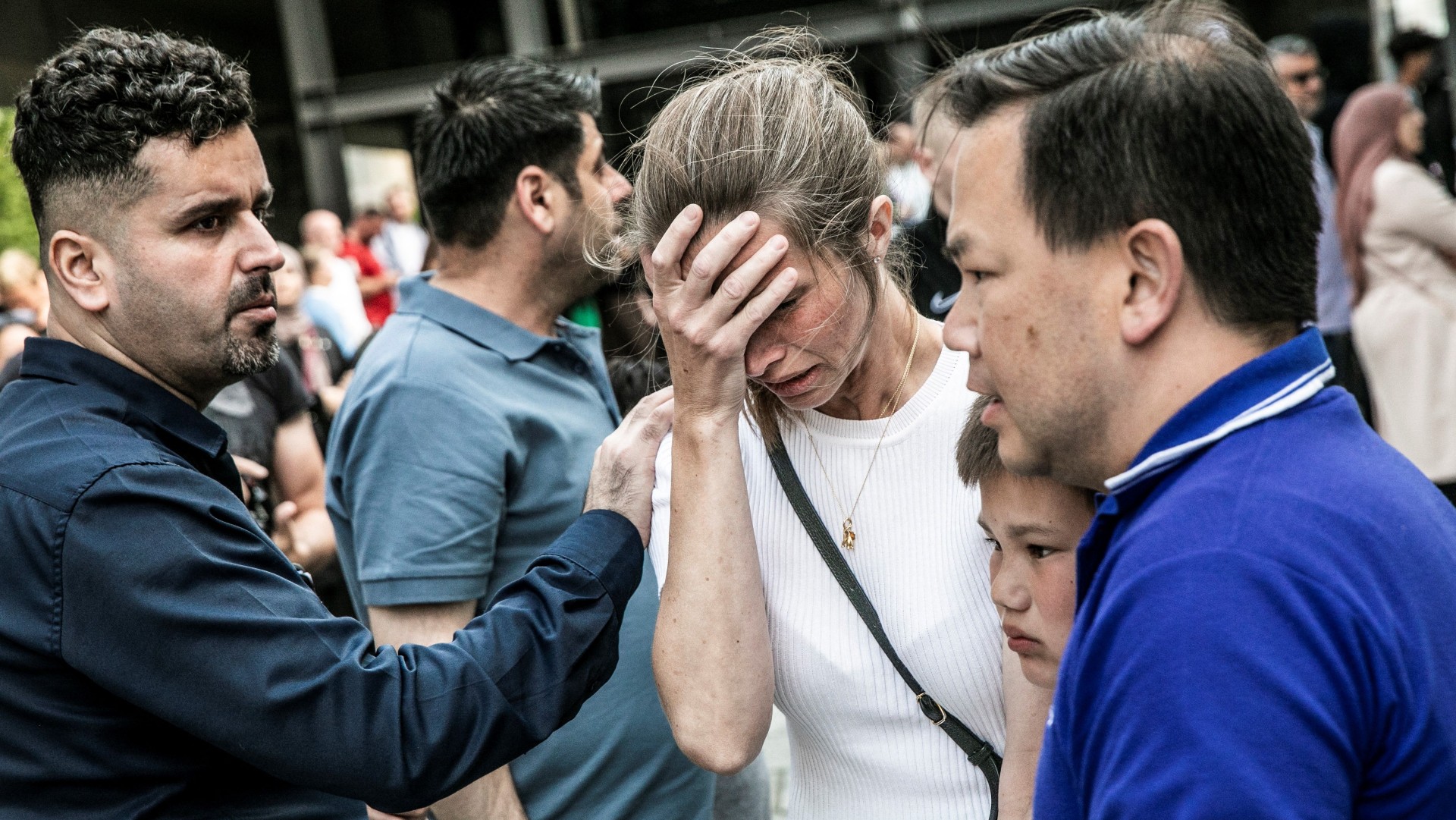 What we know about the Copenhagen mall shooting
What we know about the Copenhagen mall shootingSpeed Read Lone gunman had mental health issues and not thought to have terror motive, police say
-
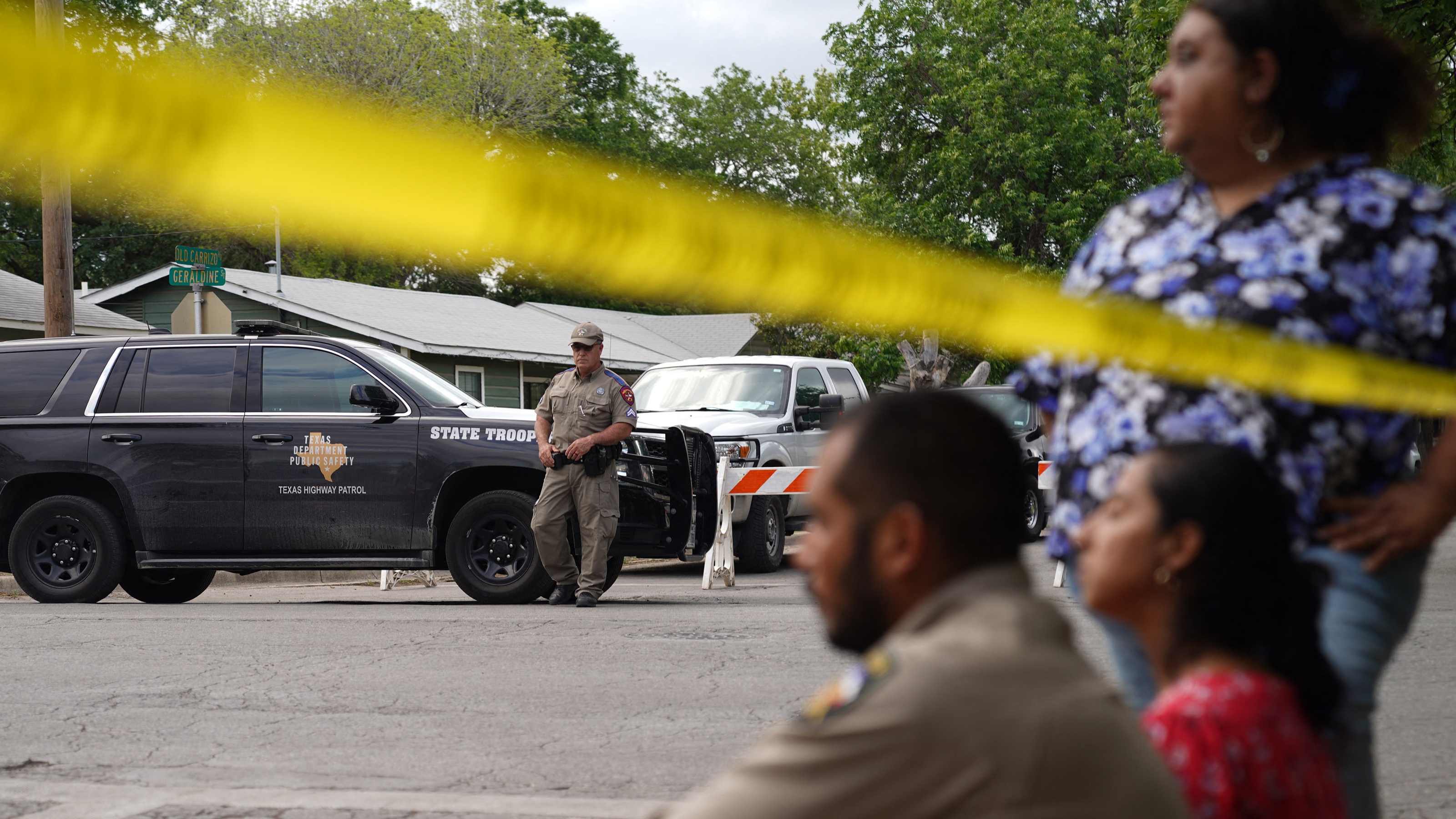 Texas school shooting: parents turn anger on police
Texas school shooting: parents turn anger on policeSpeed Read Officers had to be urged to enter building where gunman killed 21 people
-
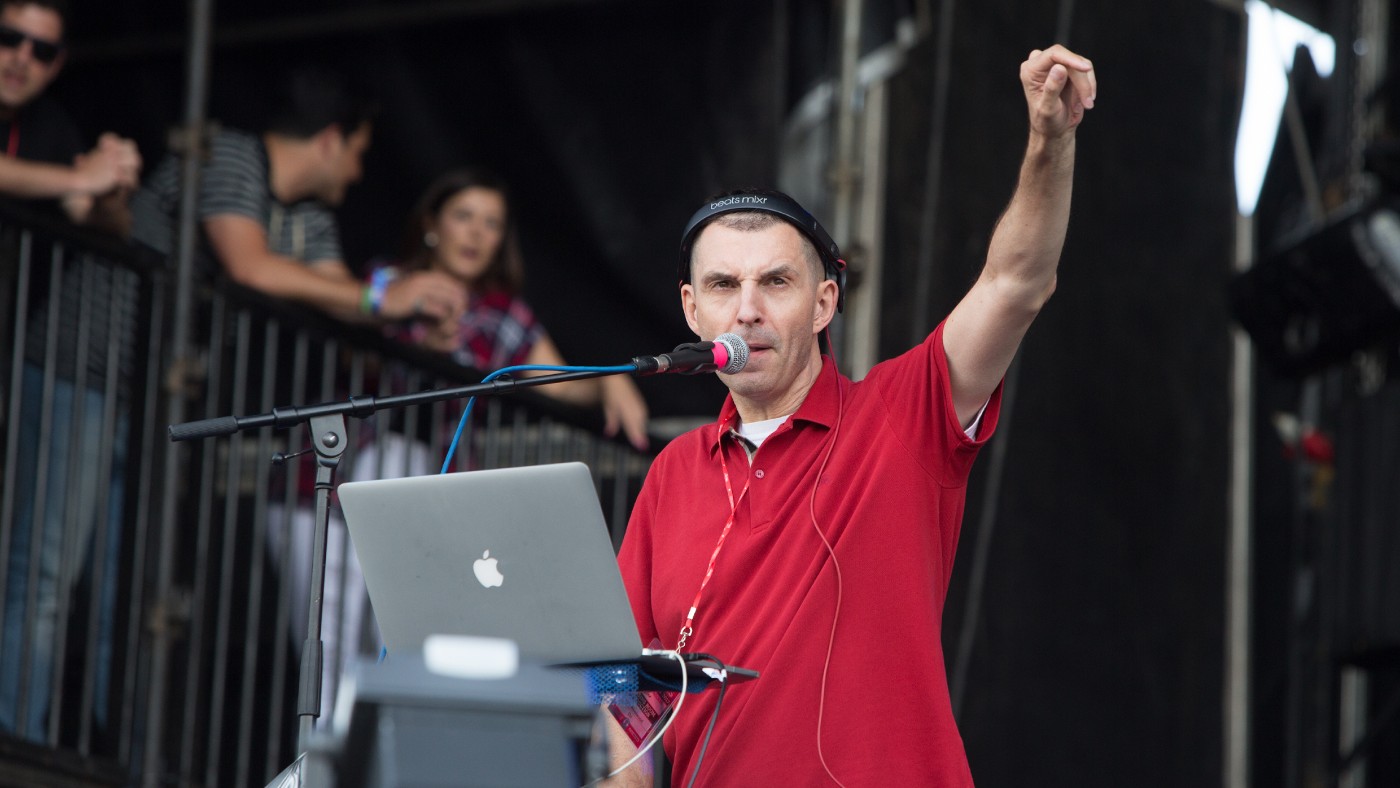 DJ Tim Westwood denies multiple sexual misconduct allegations
DJ Tim Westwood denies multiple sexual misconduct allegationsSpeed Read At least seven women accuse the radio and TV presenter of predatory behaviour dating back three decades
-
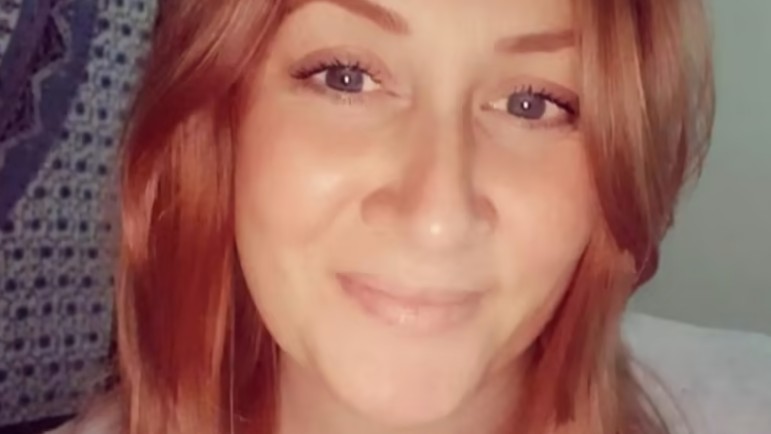 What happened to Katie Kenyon?
What happened to Katie Kenyon?Speed Read Man charged as police search for missing 33-year-old last seen getting into van
-
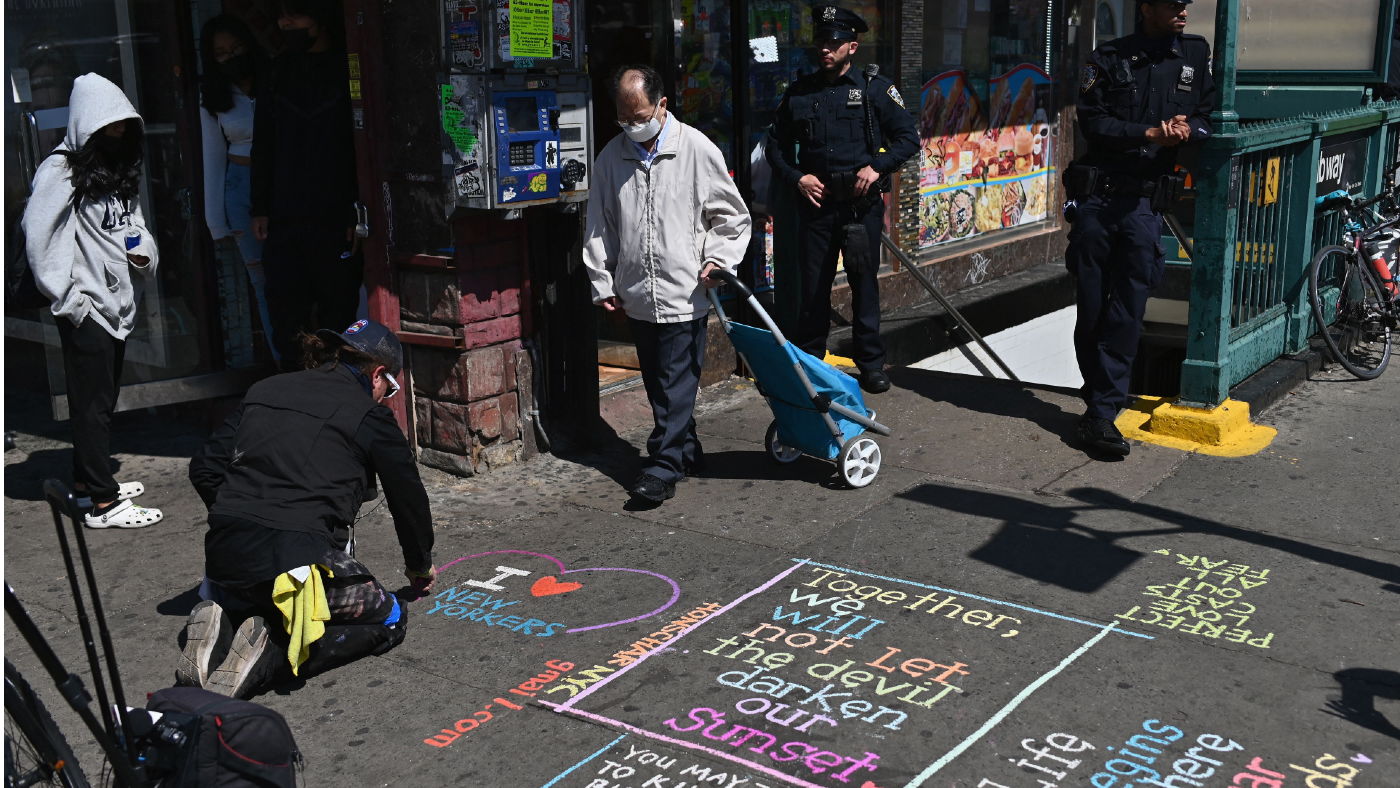 Brooklyn subway shooting: exploring New York’s ‘steep decline in law and order’
Brooklyn subway shooting: exploring New York’s ‘steep decline in law and order’Speed Read Last week, a gunman set off smoke bombs and opened fire on a rush-hour train in the city
-
 How the Capitol attack investigation is splitting the Republicans
How the Capitol attack investigation is splitting the RepublicansSpeed Read Vote to censure two Republican representatives has revealed deep divisions within party
-
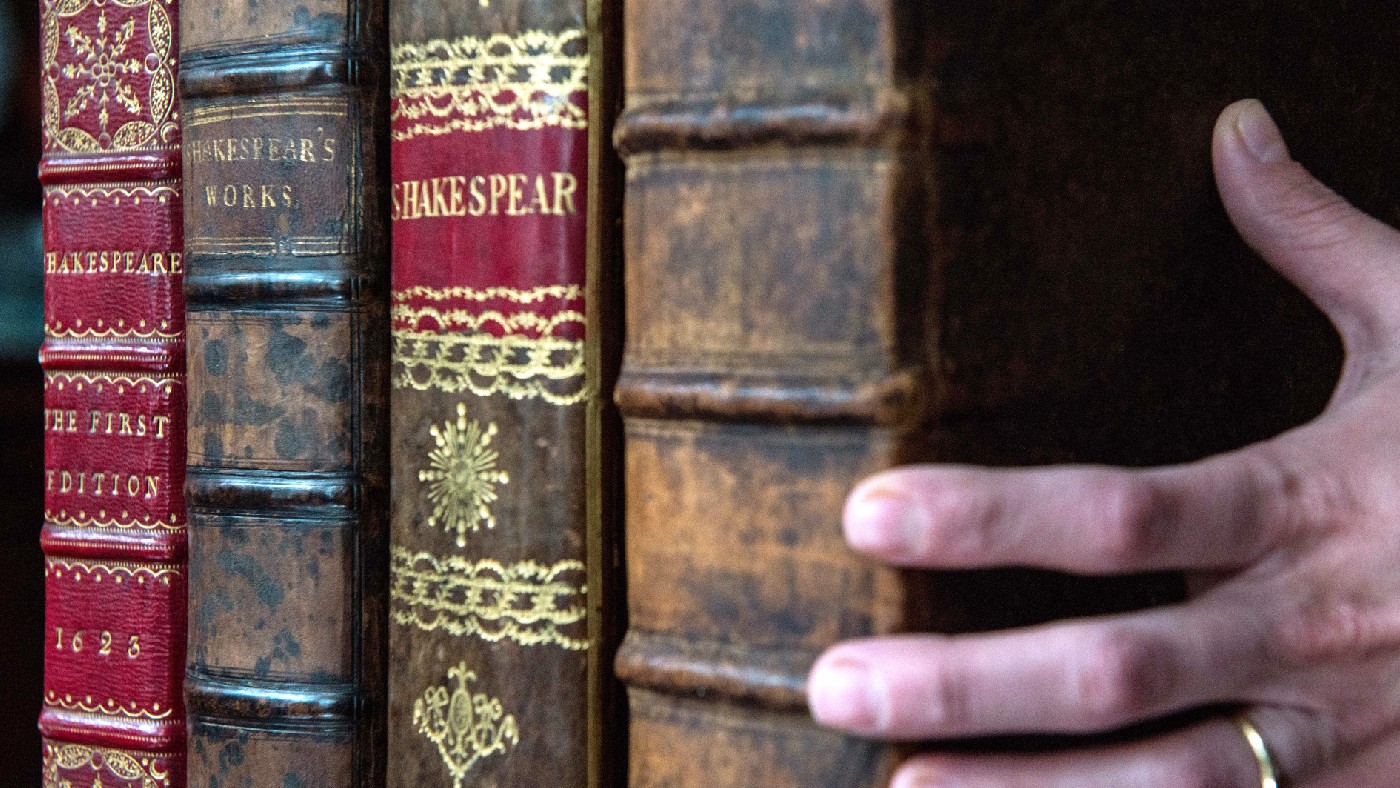 Is sentencing a Nazi sympathiser to read Shakespeare an appropriate punishment?
Is sentencing a Nazi sympathiser to read Shakespeare an appropriate punishment?Speed Read Judge seemed to think introducing student ‘to high culture’ would ‘magically make him a better person’ said The Daily Telegraph